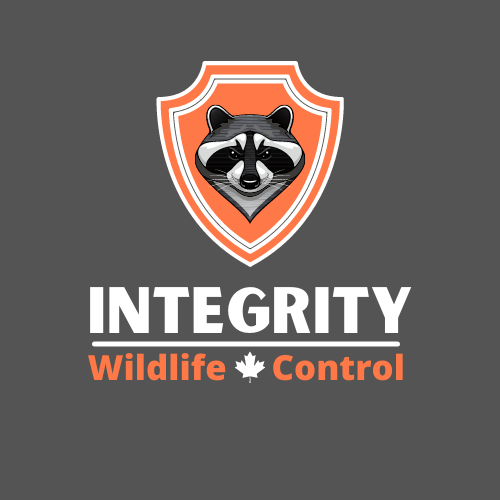
The Role of Wetlands in Wildlife Conservation
Share0Wetlands are crucial ecosystems that serve as habitats for a diverse range of wildlife species. These unique environments play a vital role in wildlife conservation by providing food, shelter, and breeding grounds for many different animals. Wetlands are highly productive areas that support a wide variety of plants and animals, making them essential for maintaining biodiversity.
One of the key benefits of wetlands in wildlife conservation is their ability to support a wide range of species, from birds and mammals to amphibians and fish. Wetlands provide food sources such as insects, fish, and plants, which are essential for the survival of many wildlife species. They also offer shelter and breeding grounds for various animals, making them important habitats for the reproduction and growth of populations. By providing these essential resources, wetlands help sustain wildlife populations and promote healthy ecosystems.
Additionally, wetlands play a crucial role in regulating water quality and quantity. They act as natural filters, trapping pollutants and sediments before they enter other water bodies. Wetlands also help control flooding by absorbing and storing excess water during heavy rainfall or snowmelt. This not only protects nearby communities from floods but also ensures a stable water supply for plants and animals living in and around the wetlands.
Furthermore, wetlands are important for maintaining global carbon balance. They store vast amounts of carbon in plant material and soil, helping to mitigate climate change by reducing greenhouse gas emissions. Wetlands also play a significant role in the water cycle, influencing precipitation patterns and climate regulation. By preserving and restoring wetlands, we can help combat climate change and protect wildlife habitats.
Despite their importance, wetlands face numerous threats, including pollution, habitat destruction, and climate change. Human activities such as urban development, agriculture, and industrialization have resulted in the loss and degradation of wetlands worldwide. This has led to a decline in wildlife populations and a loss of valuable ecosystem services.
To address these challenges, Wildlife control services are essential in protecting and conserving wetlands. These services involve monitoring and managing wildlife populations to prevent overgrazing, poaching, and other detrimental activities. By working with local communities, governments, and conservation organizations, wildlife control services can help protect wetlands and the wildlife that depend on them.
In conclusion, wetlands play a critical role in wildlife conservation by providing essential resources, supporting biodiversity, and regulating water quality and quantity. To ensure the long-term health and sustainability of these valuable ecosystems, effective wildlife control services are necessary. By protecting and restoring wetlands, we can help conserve wildlife habitats and promote the well-being of both wildlife and humans.
For more information visit:
Integrity Wildlife Control
https://www.integritywildlife.ca/
Integrity Wildlife Control
Canada’s premier wildlife, pest, and animal removal and control company.
Backed by 20 years of experience, Integrity Wildlife Control is the company to call for permanent wildlife control
and wildlife removal in Hamilton and the Greater Toronto Area. Our four-step process identifies and removes unwanted wildlife from your home or business. We then repair all damage and prevent wildlife from returning. Our wildlife removal process provides effective and affordable solutions and includes a
money-back guarantee and a lifetime warranty.
Integrity Wildlife Control provides service you can trust.
